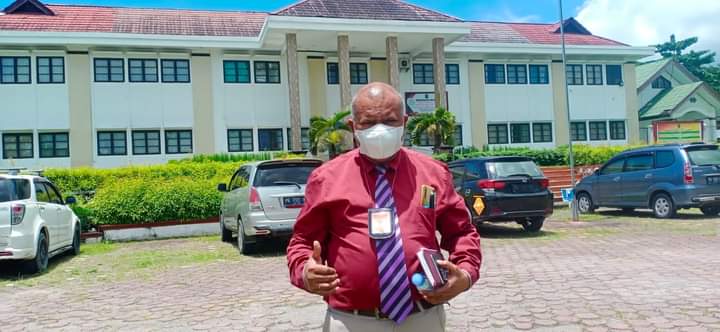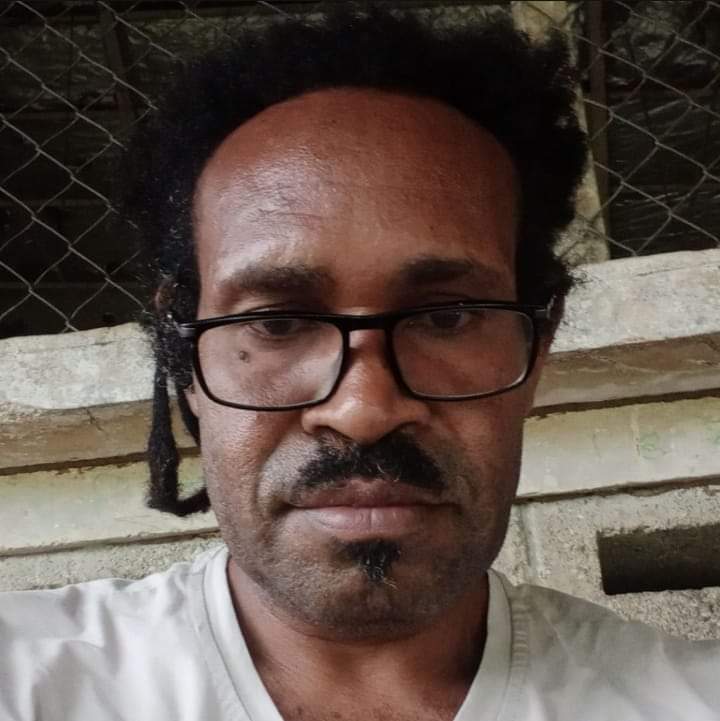Manokwari, Jubi – The alleged human rights violations in the 2001 Bloody Wasior in Papua’s Wondiboy District, Wondama Bay Regency, remain unresolved.
President Joko Widodo, who was anticipated to address the Bloody Wasior case, did not bring about any resolution.
According to Yan Cristian Warinussy, the director of the Research Institute for the Assessment and Development of Legal Aid (LP3BH), the incident originated from an assault on five mobile brigade members and an employee of a timber company by an armed civilian group led by Daniel Awom.
“Afterward, an operation was conducted under the leadership of then Manokwari Police chief Lt. Col. (now Adj. Sr. Comr.) Bambang Budi Santoso. I remember it vividly, they carried out a pursuit operation that did not directly target the alleged perpetrators and therefore affected the civilians,” said Warinussy on June 11, 2023.
During the operation, numerous civilians became victims, with some being killed, tortured, and raped. Moreover, some residents were detained and subsequently brought to court, while others were detained without any further legal action.
Warinussy mentioned that some of the alleged perpetrators were currently serving in the local police station while others were already serving in the Papua Police.
“I am speaking out because I have been involved in the investigation process carried out by the National Commission on Human Rights (Komnas HAM). According to the investigation, there is strong evidence indicating that the Wasior case involves severe human rights violations,” he said.
Komnas HAM has provided recommendations based on the investigation to the Attorney General’s Office, but until now, the AGO has not taken any further action on the case.
“Up until now, the Attorney General’s Office has not referred the case to the Human Rights Court. However, it is worth noting that the Bloody Wasior case occurred prior to the Bloody Wamena case in 2003 and the Bloody Paniai case in 2014, yet the latter has already been brought to trial and the defendants were acquitted in the Paniai case,” he added.
Head of the AGO’s Legal Information Center Ketut Sumedang has not responded to Jubi’s inquiry regarding the progress of the case file concerning alleged human rights violations in Wasior.
One of the Bloody Wasior victims named Djanes Marambur, meanwhile, expressed that the case had not seen any significant efforts towards legal resolution up to this point. Marambur himself was pursued by security forces during a military operation and managed to escape from Wasior during the operation.
“If the government is unable to resolve even the 1965 tragedy and Munir cases alone, which were [both human rights violations] happening in Indonesia’s center of governance, Java, how can they be expected to address the problems in Papua?” Marambur said.
“For us, it would be preferable if we didn’t have to discuss the Bloody Wasior case anymore if there is no intention to solve it. It only adds to the suffering of the victims,” he added.











